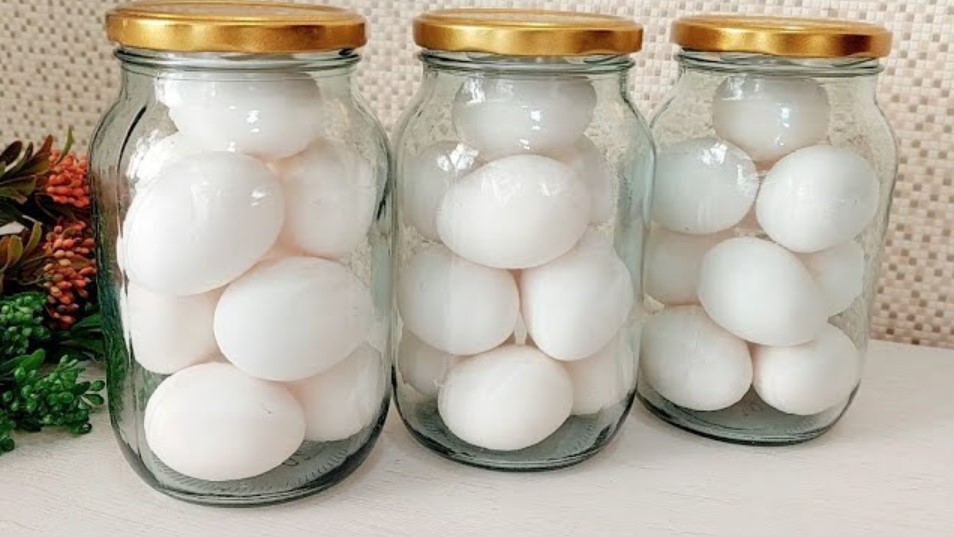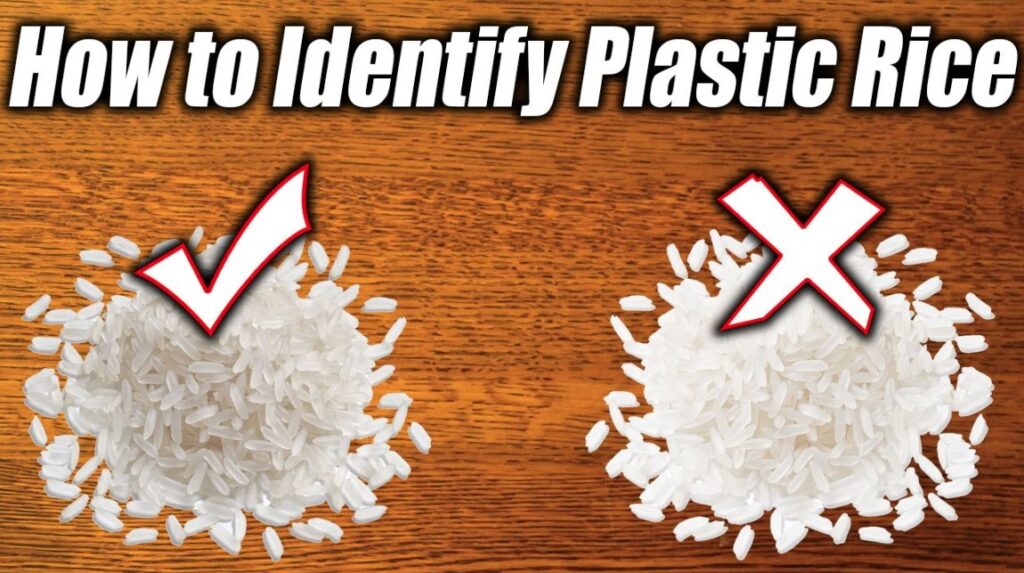In a world where refrigeration is synonymous with food preservation, it’s easy to overlook the ingenious methods our ancestors relied on to keep eggs fresh without the need for modern appliances. Whether driven by spatial constraints, a desire for energy efficiency, or a yearning for a more traditional lifestyle, there exist proven techniques to maintain the integrity and freshness of eggs for extended periods without a fridge. Let’s delve into these time-tested methods and explore their relevance in today’s context.
The Water Glass Method
Among the most effective of these old-school techniques is the use of water glass, also known as sodium silicate. By immersing eggs in a solution of water glass and water, a protective seal forms around the eggshells, preventing the ingress of air and bacteria. Remarkably, this method can preserve eggs for up to a year. However, it’s essential to thoroughly wash the eggs in warm water before use to ensure their safety.
Mineral Oil Coating
For a simpler yet equally effective approach, consider lightly coating each egg in mineral oil. This creates a barrier that prevents oxygen from reaching the egg, thus staving off spoilage. After coating, store the eggs in a cool, dry place, ideally in an egg carton with the pointed end facing downwards. This method can extend the shelf life of eggs for several months.
Lime Water Solution
Another method involves mixing hydrated lime with water to create a highly alkaline environment that preserves eggs for up to six months. Similar to water glass, this solution seals the pores of the eggshells, enhancing their longevity. However, eggs preserved in lime water should be rinsed thoroughly before consumption.
Storing in Dry, Cool Places
Even without specialized treatments, simply storing eggs in a cool, dry, and dark environment can significantly prolong their freshness. A pantry or cellar, where temperatures remain consistent, serves as an ideal storage space. It’s crucial to keep eggs away from strong-smelling foods, as their porous shells can absorb odors.
Final Thoughts
While modern conveniences like refrigeration have revolutionized food preservation, the traditional methods of keeping eggs fresh without a fridge offer a glimpse into a simpler, more sustainable way of life. Not only do they reduce energy consumption, but they also showcase the resourcefulness and ingenuity of past generations. So, the next time your refrigerator is overflowing with eggs, why not embrace one of these time-honored techniques?



